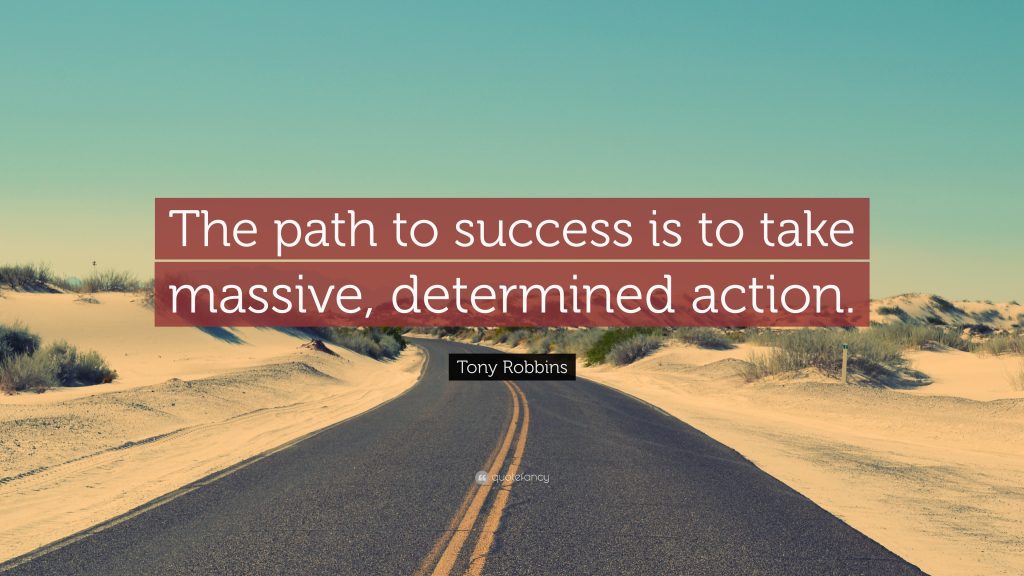
Blog / How to Decide What to Do After 12th or Graduation
How to Decide What to Do After 12th or Graduation

Deciding what to do after completing your 12th grade or graduation is a critical life decision that can shape your future. Here’s a step-by-step guide to help you make an informed choice:
1. Self-Assessment
- Identify Your Interests: Reflect on what subjects, activities, or hobbies you enjoy the most.
- Evaluate Your Strengths and Weaknesses: Know the areas where you excel and those that need improvement.
- Understand Your Personality: Are you analytical, creative, social, or a combination of these? Choose a path that aligns with your natural tendencies.

2. Explore Career Options
- Research Career Paths: Use online platforms, career counseling services, or consult professionals to learn about various careers.
- Attend Seminars and Webinars: Many institutions host career guidance sessions.
- Talk to Mentors or Alumni: Reach out to people in fields you’re interested in for firsthand insights.

3. Understand the Scope of Each Field
- Future Demand: Research industries that are expected to grow in the future.
- Salary Potential: Consider financial aspects, but don’t make them the sole deciding factor.
- Job Satisfaction: Choose a career that brings you satisfaction and aligns with your long-term goals.

4. Evaluate Your Academic Options
- Higher Education:
- Pursue a degree or diploma in a specialized field if it suits your career ambitions.
- Explore opportunities for studying abroad for better exposure and resources.
- Skill Development: Enroll in short-term courses to gain specific skills (e.g., digital marketing, coding, design).
- Entrance Exams: Identify and prepare for exams required for your desired field (e.g., NEET, JEE, CAT).
5. Consider Alternative Paths
- Entrepreneurship: If you have a business idea, consider starting your own venture.
- Creative Pursuits: Turn your passion into a profession (e.g., music, art, writing).
- Vocational Courses: Opt for practical skills like photography, culinary arts, or technical trades.
- Join the Workforce: Gain experience through internships or entry-level jobs to understand workplace dynamics.
6. Seek Guidance
- Career Counselors: Professional advice can help clarify doubts.
- Parents and Teachers: Their experience and perspective can provide valuable insights.
- Peer Discussions: Talking to friends can reveal paths you hadn’t considered.

7. Set Clear Goals
- Short-Term Goals: What do you want to achieve in the next 2-3 years?
- Long-Term Vision: Where do you see yourself 10 years from now?
- Action Plan: Break down your goals into actionable steps and deadlines.

8. Adaptability
- Be Open to Change: Interests and goals can evolve; be ready to pivot if necessary.
- Continuous Learning: Stay updated with industry trends and upgrade your skills regularly.

9. Practical Considerations
- Financial Situation: Align your plans with your family’s financial capacity or explore scholarships and education loans.
- Location Preferences: Consider where you’d like to study or work.
- Work-Life Balance: Think about the kind of lifestyle you want.

10. Take Action
- Avoid Overthinking: Don’t get paralyzed by too many options. Make a decision and commit to it.
- Start Small: Begin with internships, projects, or part-time roles to explore your chosen field.
- Be Consistent: Success comes with persistence and dedication.

Study Abroad | Study MBBS Abroad | Study Engineering Abroad | Study Paramedical Courses In India | Study Law Courses In India | Study UG Courses In India | Study Bsc Courses In India |








